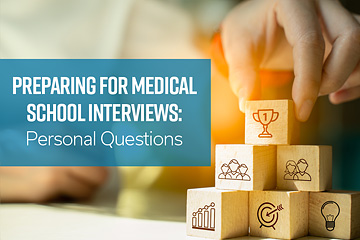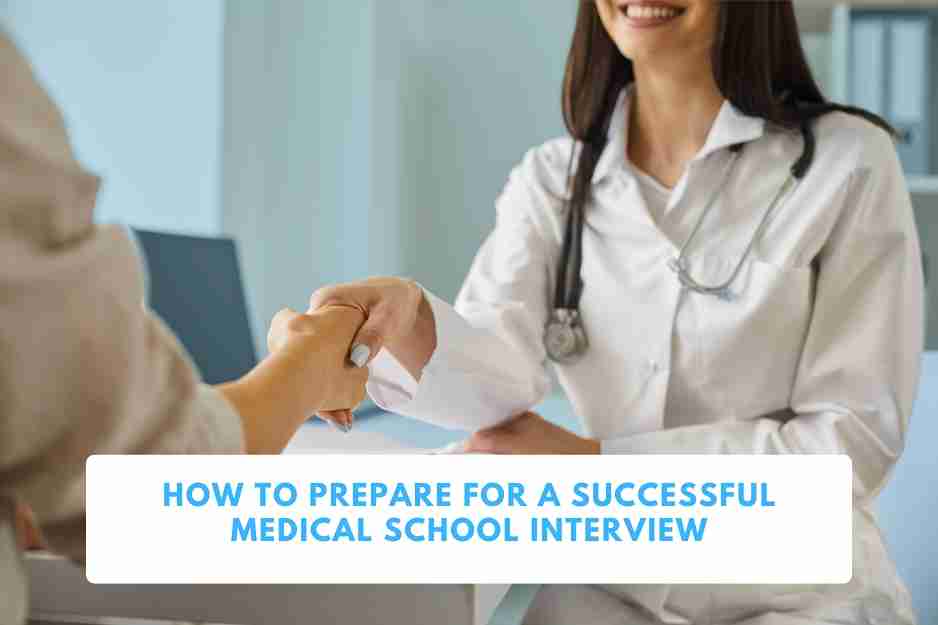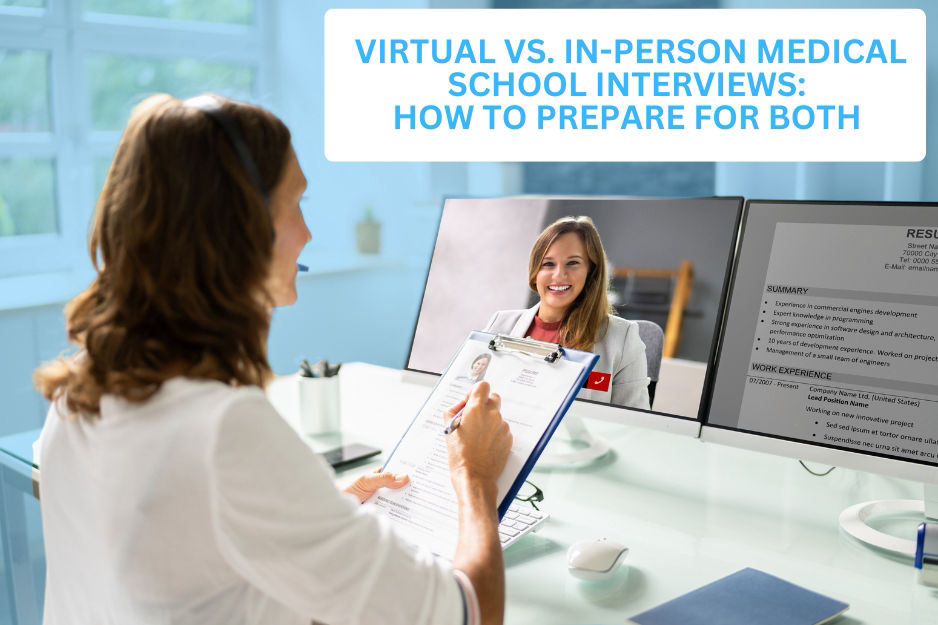
Preparing for Medical School Interviews: Personal Questions
Personal-type questions appear on almost every medical school interview, whether it be MMI- or panel-based. These questions aim to give the interviewers a sense of your personal traits and attributes, as well as an opportunity to gauge whether they would want to work with you, teach you, and allow you to treat future patients. Thus, it is imperative that every prospective medical school interviewee develop an approach to answering these types of questions using their own lived experiences.
All personal questions will touch on at least one of the CanMEDS roles (i.e. medical expert, communicator, collaborator, leader, health advocate, scholar, professional; read more at https://www.royalcollege.ca/rcsite/canmeds/canmeds-framework-e). Furthermore, some medical schools even evaluate candidates based on these roles! A good first step is to read up on each of these roles and familiarize yourself with the qualities that admissions committee are looking for in prospective medical students. While reading the key competencies/skills that each role entails, try to think of relevant personal experiences in which you either 1) learned something pertaining to that skill or 2) demonstrated your proficiency in that skill. This exercise will jog your memory about encounters and experiences that spurred growth in both the personal and professional spheres of your life.
Next, think of 2-3 experiences that best suit each of the CanMEDS roles. These experiences do not have to be unique to each role; one experience can span multiple roles. However, the more experiences you have in your repertoire, the more versatile you will be in answering whatever personal question is thrown at you. A good rule of thumb is to have at least 1-2 strong, unique experiences for each of the CanMEDS roles.
What makes an experience strong? It is not necessarily the magnitude or level of achievement associated with it. This point is especially true for personal questions, which aim to assess who you are as a person, not what you have accomplished on paper. Strong experiences are ones that helped you learn an important and valuable lesson. This lesson is often one that profoundly changed your way of thinking, attitude, or practical approach to an aspect of your life or your environment. An example of a strong experience might be when you helped an individual based solely on your own perception of their situation, instead of listening to them and focussing on their needs; this experience might have taught you that patient-centered care is not a concept that is unique to medicine. Another potential example might be when you were excessively eager at your job/extracurricular placement, and this disposition imposed a burden on your colleagues or supervisor; this experience might have taught you to first and foremost ensure that you are a good team player.
After you have narrowed down your experiences, think about the setting, what happened, your actions/approach, your thoughts and reflections, what you learned or took away from the experience, and, if applicable, how it would apply to your future career as a physician. Again, the ‘what’ (setting, actions) of the situation is not important – what is important is how this situation catalyzed your personal growth. You will find that the more you reflect on what you have learned from each experience, the more eloquent and organic your answers will be to personal questions. There is no golden rule for how much you should dedicate to each aspect of the experience, but to emphasize the importance of learning and personal growth, only 20-30% of your time should be spent on the ‘what’ of each experience.
After you have completed these steps, the bulk of the work is done! What is left is to practice incorporating your experiences to answer common (and if you have more time, less common) types of personal-type interview questions. Think about how much time you have to answer each question based on the interview format of each school, and tailor accordingly. Furthermore, start practicing early, and try to practice with as many people as possible, even if they are not involved in medicine. You will obtain valuable and insightful points of feedback from every person that you practice with.
Finally, and I cannot stress this enough, is that you should not over-practice for your interview. While verbally reciting helps you solidify strong, confident answers to select questions, you may come across as rehearsed and disingenuous. Rather than repeating answers to certain questions, the best thing you can do is to deeply reflect on each individual experience. At a certain point you will know yourself so well that speaking about your experiences comes second-nature to you, and you will be able to effortlessly shape your personal experiences to spontaneously answer different questions (i.e. without having to rehearse).
I hope that this blog was helpful to you, and I wish you the best of luck. Remember, for personal-type interview questions, it is not about rehearsing, but rather about getting to know yourself better!





